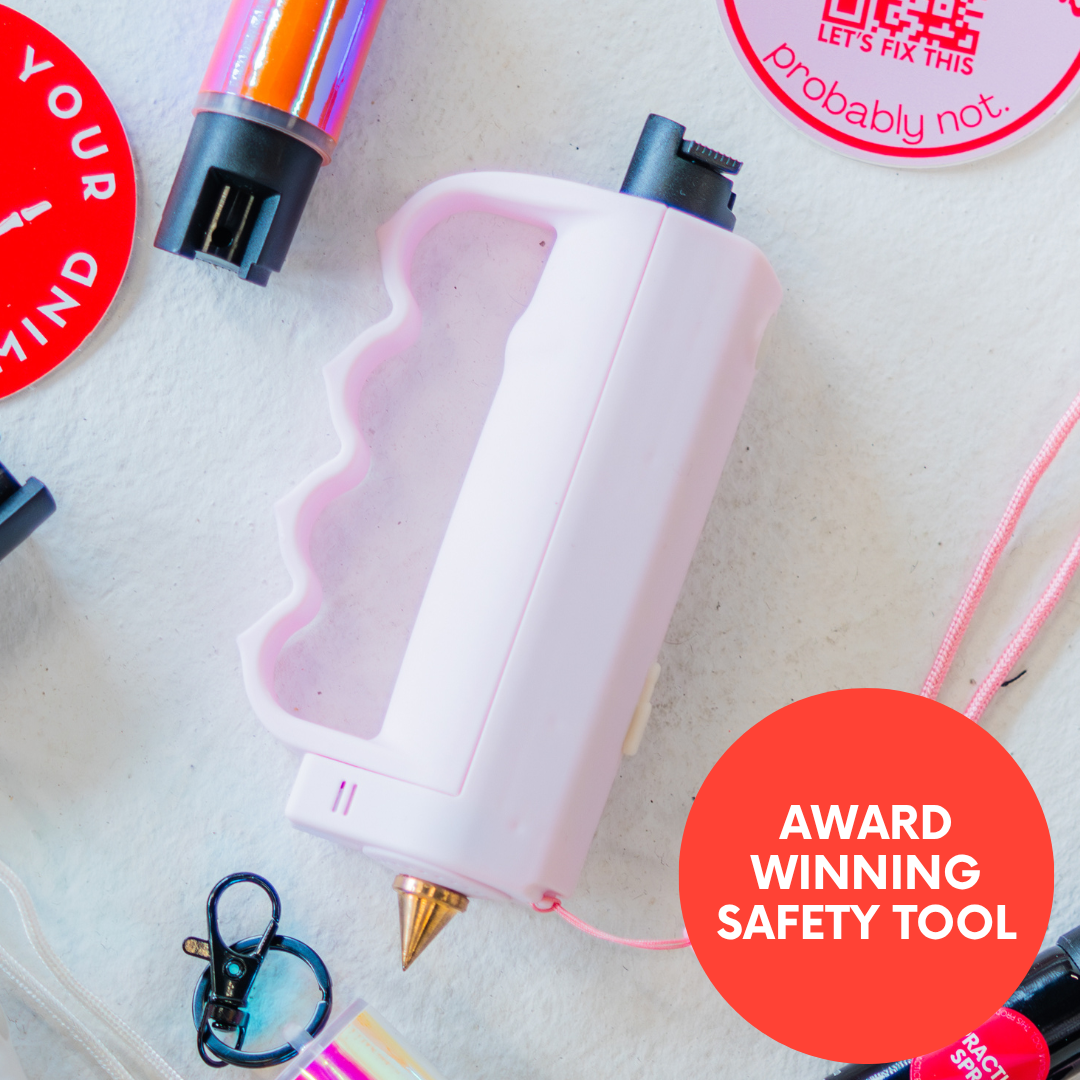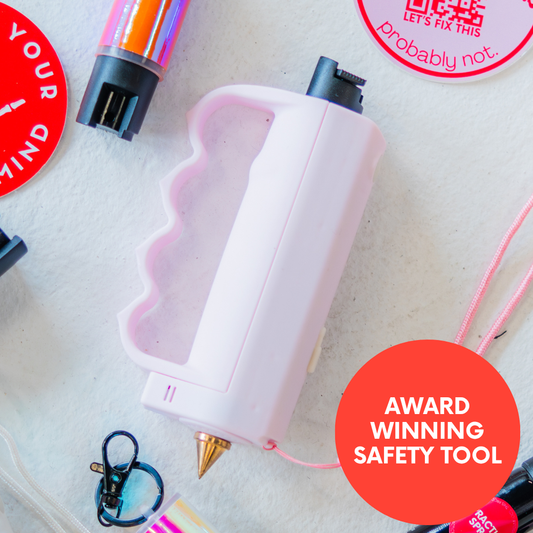We aren’t always taught how to report a crime.
Knowing what to do if you see something suspicious or if something happens to you is super important.
Don’t worry—it’s not as intimidating as it sounds. Let’s break it down together.
What to Do If You See Something (or Think You See Something)
- Stay Calm: First things first, take a deep breath and stay as calm as possible. Panic can make it harder to think clearly.
- Assess the Situation: Try to understand what’s happening without putting yourself in danger. Look for key details like who, what, where, and when.
- Document What You See: If you can, safely make a note of important details. Descriptions of people, vehicles, and activities can be incredibly helpful later.
- Don’t Intervene: It’s tempting to step in, but your safety is the priority. Leave the intervention to the professionals unless it’s absolutely safe to do so.
What If It Happens on a College Campus
- Contact Campus Security: Most colleges have a campus security office or hotline. Save this number in your phone for easy access. If it’s an emergency, don’t hesitate to call 911.
- Use Campus Safety Tools: Many campuses offer apps or systems for reporting crimes. These tools can often let you report anonymously if you’re more comfortable that way.
- Find a Safe Place: If you’re in immediate danger, get to a safe location as quickly as possible. This could be a populated building, your dorm, or any place with plenty of people around.
- Seek Medical Attention: If you or someone else is hurt, get medical help right away. Most campuses have health centers, or you can head to the nearest hospital.
What If You Don’t Report
Ongoing Danger
Not reporting a crime can mean that the perpetrator remains free to harm others. Your report can help prevent future incidents.
Lack of Justice
Without a report, it’s harder for authorities to investigate and take action. Reporting ensures that the proper procedures are followed and justice can be pursued.
Missed Support
Reporting a crime can connect you and others involved with vital support services like counseling, medical care, and legal assistance.
Campus Safety Data
Reports contribute to accurate campus crime statistics. This data is essential for improving safety measures and allocating resources where they’re needed most.
Resources You Should Know
- Campus Security: If you’re on campus, know the contact info for your campus security office. They’re your go-to for any safety concerns.
- Emergency Services: In any urgent situation, call 911 immediately. They can dispatch police, fire, or medical assistance as needed.
- Safety Apps: Many colleges offer safety apps that make reporting easy and quick. Check with your campus safety office to see what’s available.
- Counseling Services: If you’ve been affected by a crime, don’t hesitate to reach out for emotional support. Campus counseling centers are there to help you through tough times.
- Hotlines and Helplines: National hotlines, like the National Sexual Assault Hotline (1-800-656-HOPE) or the National Domestic Violence Hotline (1-800-799-SAFE), provide 24/7 support and resources.
Remember, reporting a crime isn’t just about you—it’s about protecting your community and making it a safer place for everyone.
It might feel daunting, but there are plenty of resources and people ready to help you through the process.






